#Shujaaz360 KENYA 2017 State of the Youth Report: Part 3 ‘More Sex & More Babies’ [ARCHIVE]
- Sex & Health
- 4 Dec 2017
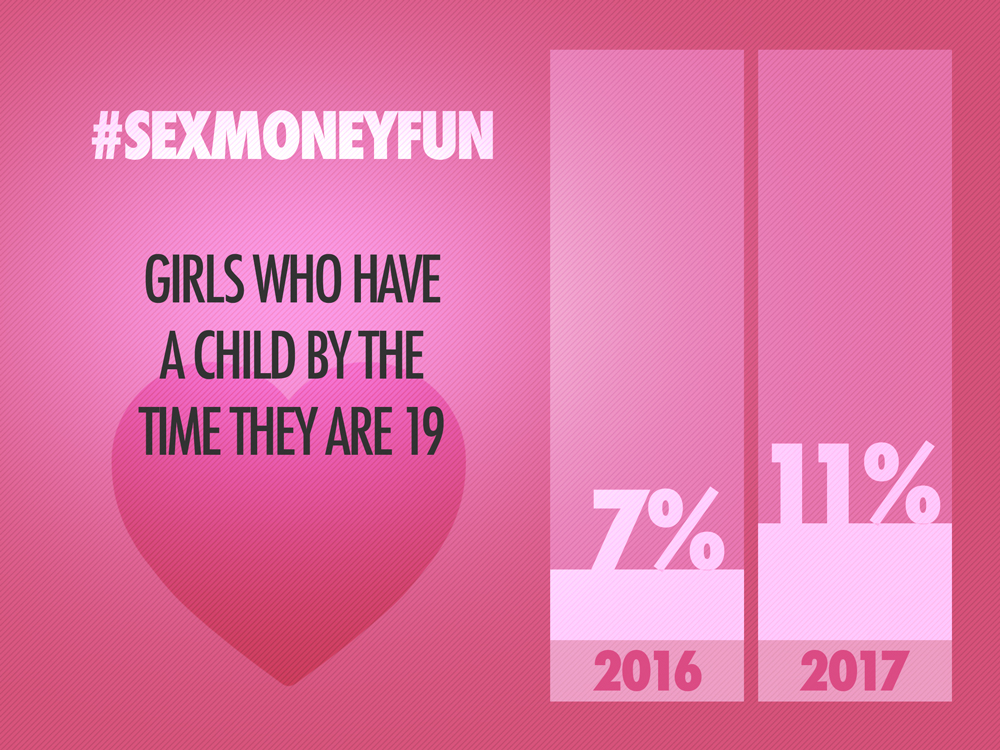
Well Told Story’s annual State of the Youth Report, based on 2900+ interviews with a nationally representative sample of Kenya’s 15-24 year olds
Unprotected sex makes girls vulnerable: shifts in perception & financial security restore their power.
>Idleness, substance abuse and the lack of open conversations on puberty, sex and contraception result in an increase in the number of unwanted pregnancies among adolescent girls;
>According to the WTS youth survey findings, single mothers and single sexually active females who don’t have children engage in the riskiest SRH behaviours;
>Two potential solutions stand out: i) changing the way girls perceive the role of contraception amongst their peers and ii) equipping girls with income generating skills, so they can improve their financial security.
In 2017, the Shujaaz annual State of the Youth Report recorded a dramatic increase in the number of mothers among young Kenyan females across demographic subgroups. As a group, adolescent girls reported the highest increase in childbirth – at 57% between 2016 and 2017.
From further analysis, it appears that single mothers, sexually active unmarried women without children, and married women without children show the lowest rates of contraceptive use during their last sexual encounter.
While married females with no children might be trying to conceive, inconsistent use of contraceptives by single mothers and unmarried youth with no children can be partially explained by the fact that sex is (1) unplanned – making preparation irrelevant and (2) infrequent – meaning that each ‘rare’ encounter is considered very valuable and therefore girls don’t want to jeopardize it by insisting on contraceptive use. While sex is considered by young females as both emotionally and physically beneficial, single mothers are also gaining financial and social benefits too. This is not surprising when more than 1 in 5 single mothers are ‘house-wives’, who are financially dependent on other people.
So, how do we motivate single mothers and single (but sexually active) girls to use contraception?
Our research shows that there are two potential ways of reducing risky SRH behaviours:
1. stimulating normative shifts around contraception
2. assisting at-risk groups in building their financial security
For example, those who believe that all or most of their peers use contraception, consistent use of contraception is almost twice as high as among their counterparts who do not believe their friends and peers use contraception.
Additionally, single mothers who earn more than they spend, significantly report using contraception consistently compared with single mothers who earn less or the same amount that they spend.
For the past several years, Shujaaz has been implementing an integrated empowerment strategy which aims at inspiring youth with ideas on how to generate an income while creating a measurable mind-shift around sexual and reproductive health and ultimately norming contraception amongst Kenyan youth.
We treat our audience as holistic individuals, hence our holistic approach to behaviour change – targeting all aspects of youth’s lives. Our empowerment strategy uses authentic role-models and case-studies, models best behaviour and honest conversations and addresses key barriers to youth achieving their dreams, whether barriers in generating income or in taking up contraception.
The WTS youth study once again confirms that an integrated empowerment strategy is an essential door-opener when engaging youth in conversations that will lead to significant SRH behaviour change.
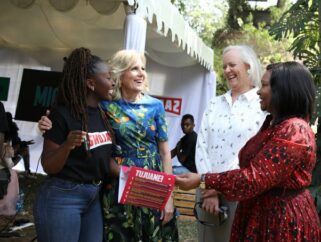
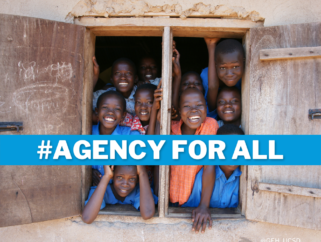
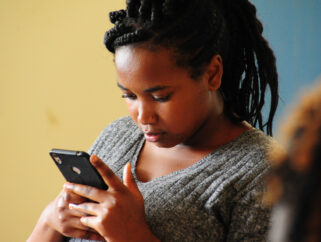
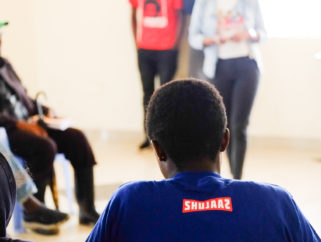
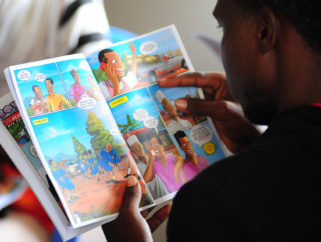
![Men Stand Up: young men’s stories of love, sex & contraception [ARCHIVE]](https://www.shujaazinc.com/wp-content/uploads/2019/12/DSCF5882-e1580146866544-321x242.jpg)